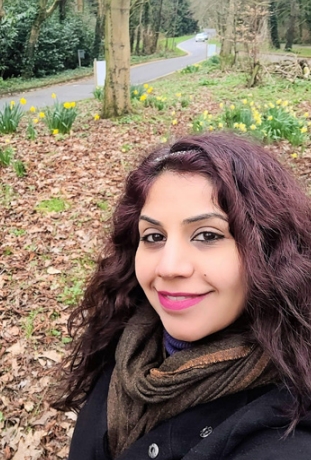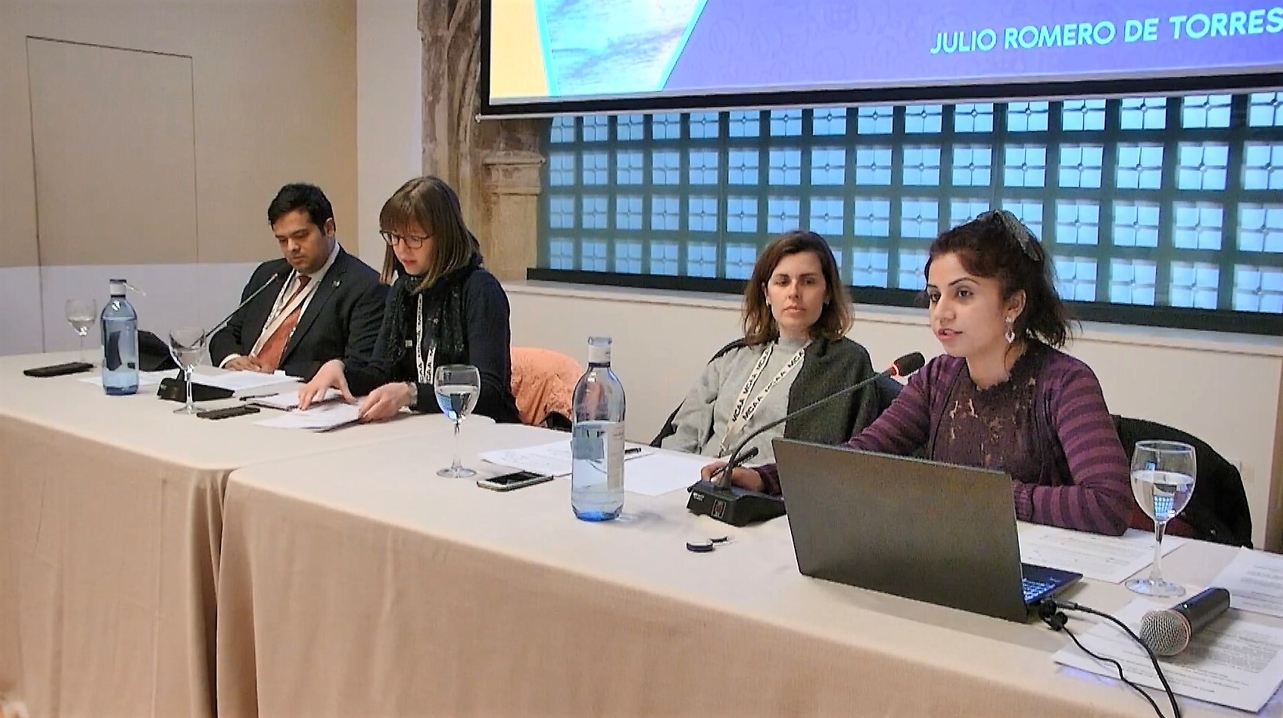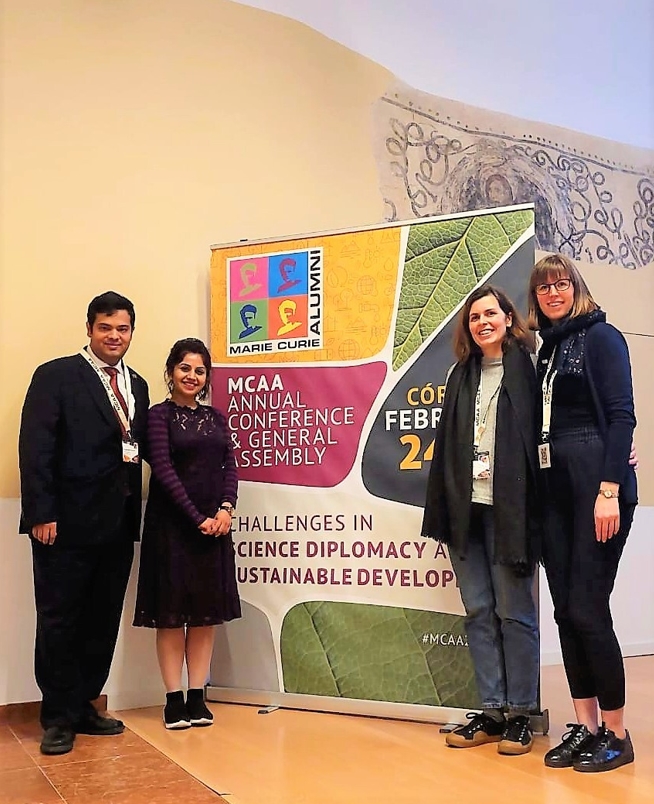MCAA Annual Conference 2023 - One size does NOT fit all: Reality of a diverse world
Newsletter
The socio-economic disruptions experienced by the world today have exposed the fragility of societal cooperation and crisis management, magnifying the vulnerabilities of our complex and divided world. As humanity continues to face global challenges, it calls for a fresh take of unified solutions from multilateral sectors and diverse communities.
A French-born American novelist, Anaïs Nin, once said: “We don’t see things as they are, we see them as we are.” We can look at the same things but see them differently. We can hear the same language but understand different meanings. Our perception of the world is inevitably coloured by our cultural experiences. While cultural diversity increases societal complexity, it enhances the scope of human understanding and appreciation of unique issues and offers a window of opportunity to seek innovative solutions. Just as a country’s culture unifies its people and sets societal expectations; the academic institutions bear the responsibility of inculcating diverse and inclusive values in the education system.
During the MCAA 2023 Annual Conference, I moderated a session on the importance of cultural diversity in the context of science communication led by Joana Moscovo, research culture by Karen Stroobants and science diplomacy by Mostafa Moonir Shawrav.

Communicating science effectively, can improve behaviours and channel societal progress. However, as stated by Joana, providing fair access to available information is instrumental in “building bridges and integrating diverse representation.” Likewise, as Karen mentioned, “an international research culture is a strength of science.” The diverse pool of talent inspires ideas and creativity, not just within academia, but society, as a whole. And as emphatically quoted by Mostafa, “understanding cultural differences, i.e., people’s unique needs, mindset and communication styles, are key to every diplomatic negotiation.”
A diverse society not only dispels negative stereotypes and biases, but broadens our understanding, enriching society with values of empathy and compassion, driving societal innovation and economic growth. However, diversity and complexity are like yin and yang. One cannot exist without the other, and both contribute to the society equally.
The inability to comprehend differences in people’s ideologies and needs can create misunderstandings and conflicts. In academic environments, such conflicts may harm individuals, hamper projects, research quality, collaborations, evoke toxic behaviour and abuse. In global diplomatic situations, the stakes are higher and unresolved conflicts can even result in wars or socio-economic crises.
Although the research culture landscape is slowly turning, creating acceptance around academic cultural diversity remains challenging. This is because the academic career progression remains independent of the academics’ people-skills (such as communication, collaboration, and networking), and instead, focuses on results, publications and funding successes. Embedding values- and people-based training as a part of compulsory curriculum and increasing accountability, could shift the power dynamics and create equity. While we cannot appease everyone, identifying and addressing our inherent biases and developing skills to communicate differences with respect, is a start.
The way we ‘communicate science’ can also promote (or restrict) cultural diversity. As pointed out by Joana, over 75% of the world does not speak English. But as most publications are in English, it starkly reduces the reach of scientific endeavours, globally. Communication is about creating a dialogue, which implies that as researchers disseminating science, we need to be more inclusive. This entails being sensitive about language, images, font, resources etc., which would enable more people to access, utilise and interact with the published information.


Moonir Shawrav, Pooja Khurana (moderator),
Joana Moscovo and Karen Stroobants
However, in a culturally diverse world, it could be challenging to communicate contextually sensitive issues (like abortion laws, animal research etc.,). But as Joana articulated- “just because it is not easy, it does not mean it should not be done. It is important to address sensitive issues in ways that focus on building ‘trust’ by sharing unpopular opinions and participating in active listening.” Karen discussed the importance of being mindful of the shifting “societal boundaries of acceptance”. Embracing differences in opinions can unblock the rigid communication patterns and contribute towards personal and societal progress. Mostafa reminded us about the importance of ‘soft power’ and understanding differences in the context of science diplomacy. “Building bridges comes with trust, trust comes by understanding one another and the context. We do not necessarily need to agree, but ‘listen’ to each other.”
Interestingly, many audience questions centred around researcher well-being and conflict management. Approximately 80% indicated that they were not comfortable in communicating conflict. They raised concerns about “lack of efficient ways of reporting conflict and abuse” at their universities. They also felt threatened about jeopardising academic progression if they chose to ‘speak-up’. The strong sentiment of “harassment and not belonging” amongst the international audience highlighted the urgent need for systemic cultural awareness, effective communication, and conflict management.
Although academics should feel safe and deserving of having their opinions heard (especially if their rights are being violated), this must not be misconstrued as their responsibility, alone. Tangible academic or societal changes that are culturally inclusive, are only possible with shared allyship between institutes and community members. One Size (or solution) does NOT fit all and so, the ‘context’ of an issue, is as important as the ‘course of action’.
Pooja Khurana
MCAA Newsletter, Editorial Board
poojakhurana.official@gmail.com
Twitter: @PK_ActNow